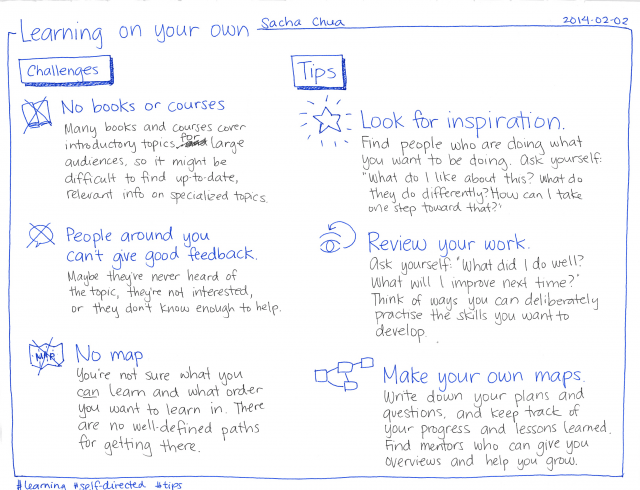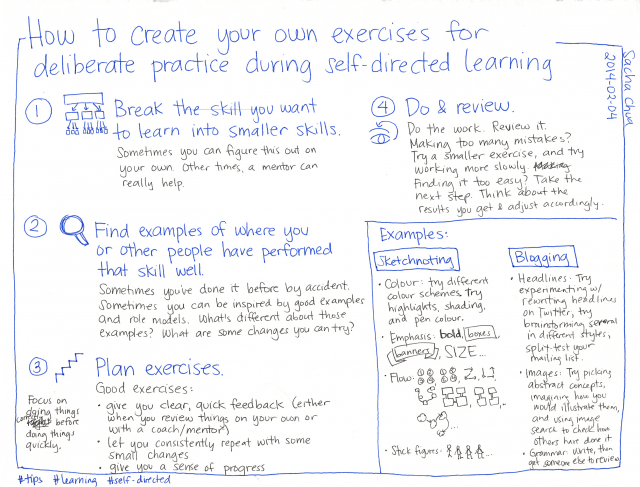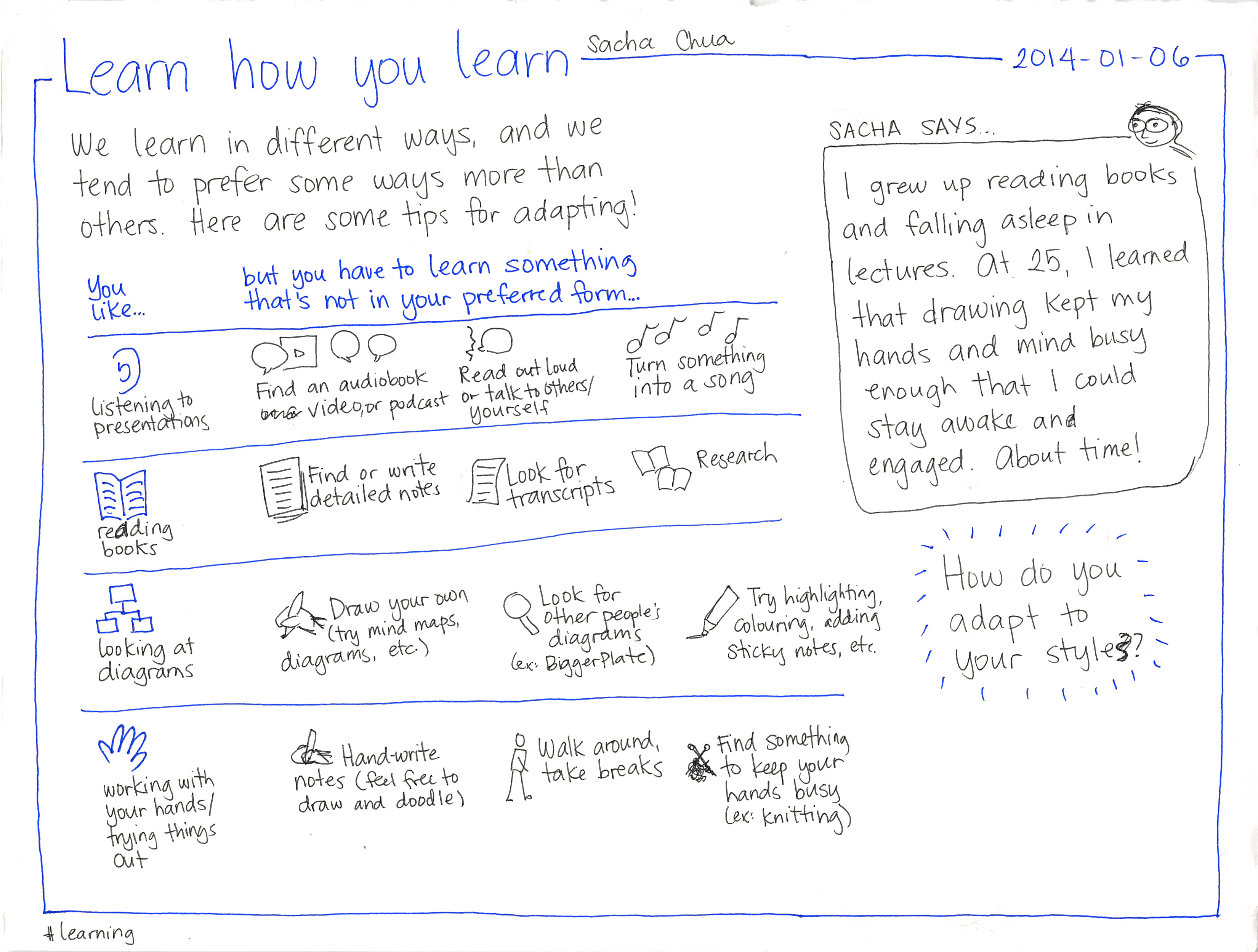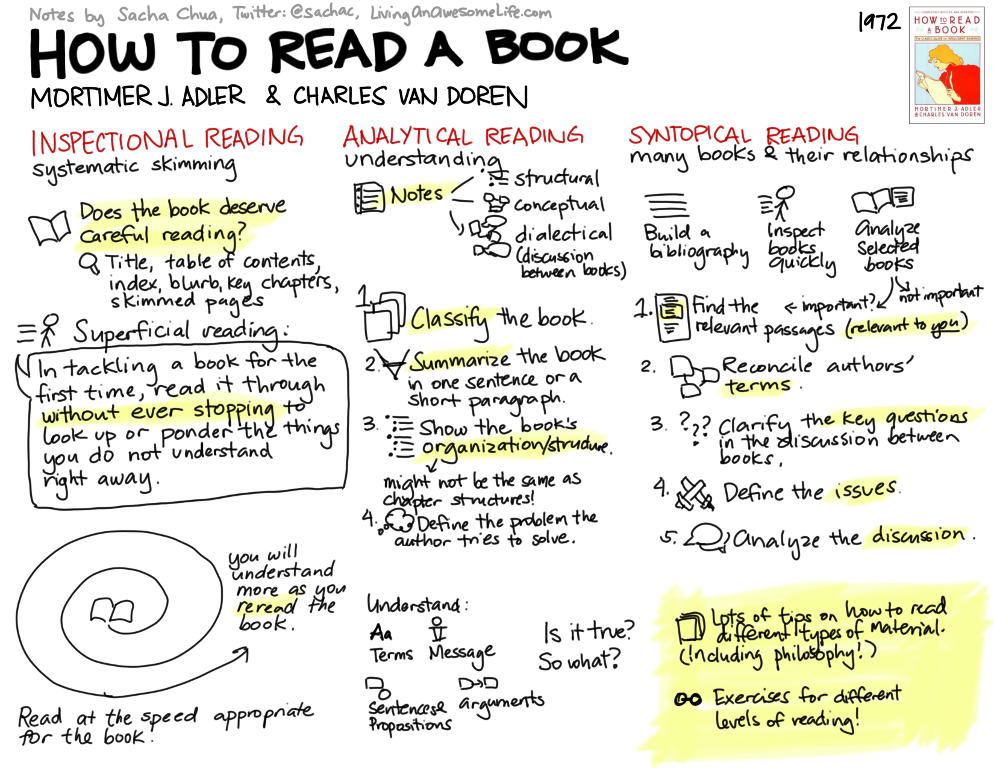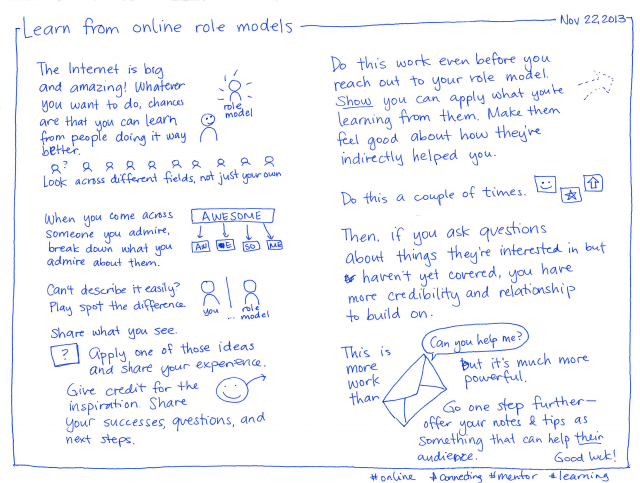One of the things that Ramon Williamson shared in our podcast on Helpers Help Out Episode 8: The Art of Copywriting for Google Helpouts is picking the one thing you're going to be known for and focusing on it. It makes sense that he emphasizes it so much, since another thing he likes saying is that your mess is your message, and focus is one of the things he's been working on.
It reminds me of the saying about the fox and the hedgehog: The fox knows many things, but the hedgehog knows one big thing (Archilocus). It turns out that Isaiah Berlin wrote an essay called The Hedgehog and the Fox about how Tolstoy was more of a fox but really, really thought that he should be a hedgehog, and how messed up that was. I'm basing this on Wikipedia's summary–it's on the Internet, so it must be true–since I'm still waiting for the library copy to arrive. It sounds fascinating.
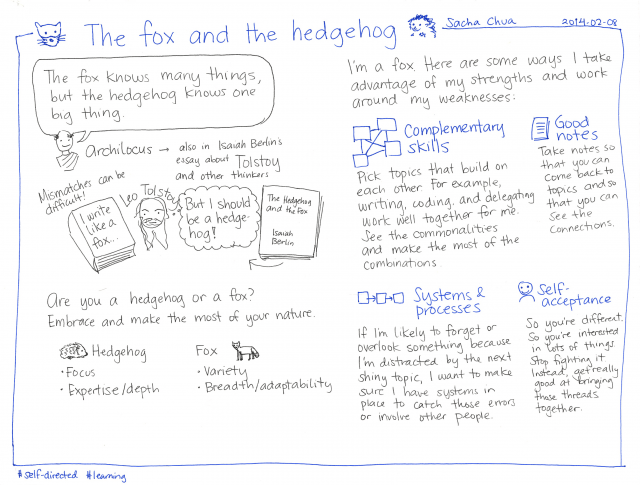
- 2014-02-08 The fox and the hedgehog
Anyway. We are mostly told that we should be hedgehogs. Focus. Pick a niche. That's the only way you're going to be great.
Of course, I can totally hand-wave and say that Improvement is the key organizing principle unifying all the things I'm interested in. Learning is improving the way you improve. Coding is simply an idea frozen in a form the computer can understand. Delegation is about improving processes. Writing and drawing is about helping others improve. Rationality is about improving decision-making. But being interested in improvement is like saying you're creative or motivated–so generic that it doesn't say anything. I might as well ‘fess up to the fact that sometimes I'm curious just because I am.
I am a fox. I have many interests. I am getting better at making the most of my foxiness. I resonate with books like Refuse to Choose and Body of Work, and with this quote from an awesome polymath:
I live on Earth at present, and I don't know what I am. I know that I am not a category. I am not a thing—a noun. I seem to be a verb, an evolutionary process—an integral function of the universe.
Buckminister Fuller, I Seem to Be a Verb
If you are also a fox, a wide-ranging learner, maybe we can swap strategies and tips. For example, it helps that my interests tend to build on each other. (I'd use the word “synergistically”, but that's so 1980s.) Taking notes helps me pick things up again, and it also lets me share along the way. Systems help me keep things going even when my attention is elsewhere. Self-acceptance makes a big difference – when you're not fighting yourself, you have more energy for going forward.
My learning tends to be shaped by a strategy of picking low-hanging fruit. Things that require low effort/risk and give high rewards are easy choices. Do them first. For the next step, I like focusing on things that require low effort/risk (even if they give low rewards) over things that require more effort/risk with the promise of more rewards. I think it's because the accumulation of these baby steps often brings you surprisingly close to where you want to go, making things that were previously difficult much more doable. Knowing this inclination, I break high effort, high reward tasks down into things that take less effort.
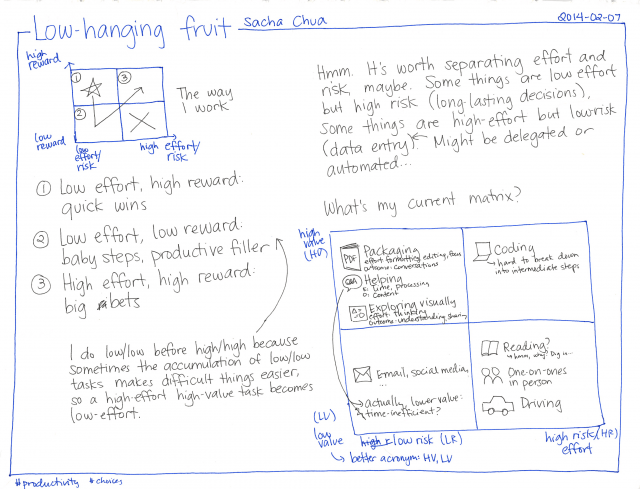
- 2014-02-07 Low-hanging fruit
One of the interesting and challenging things about learning like a fox is that you're a beginner over and over again. It can feel a little discouraging to struggle with learning something new while hedgehogs around you are comfortably settled in their expertise. It's worth it, though. I love that moment when things start to snap together, when your knowledge starts to mesh, and then you can take advantage of more and more connections and then what you're learning becomes part of the way you think. You become fluent. Maybe not Pulitzer-prize-winning fluent, but “I can say what I mean” fluent, which feels awesome.
This journey never ends, actually, since there's always more to learn, always another plateau of mediocrity to get through. But it's still so much fun. I'm working on getting even better at being a beginner so that I can get to that fluency faster. So that's part of the reason I learn like a fox: I like the challenge of a new topic, and I love the ways ideas connect with previous knowledge.
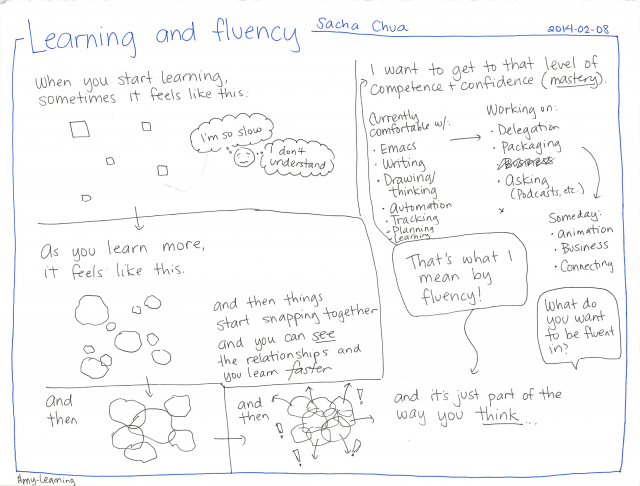
2014-02-08 Learning and fluency
What are the things I'm relatively fluent in, and what am I working on building fluency in these days? It's good to celebrate how how far you've come, and it helps to be aware of what you want to learn so that you can deliberately learn. Hedgehog-me would probably have focused on programming, but fox-me has picked up lots of other interesting things, and I don't mind the trade-offs. In my teens, I used to feel insecure about not being a Super Awesome Geek (e.g. Linux kernel hacker or Emacs core contributor), but actually, adding writing and drawing and tracking worked out really well, and the things I'm learning now will add even more to this life.
So I'm working on learning delegation, packaging, asking, connecting, animation, business… Lots of things to learn, and there's even more beyond those topics. Can't wait to see what it might be like with enough fluency in these topics to see how things fit together and to just do things. =)
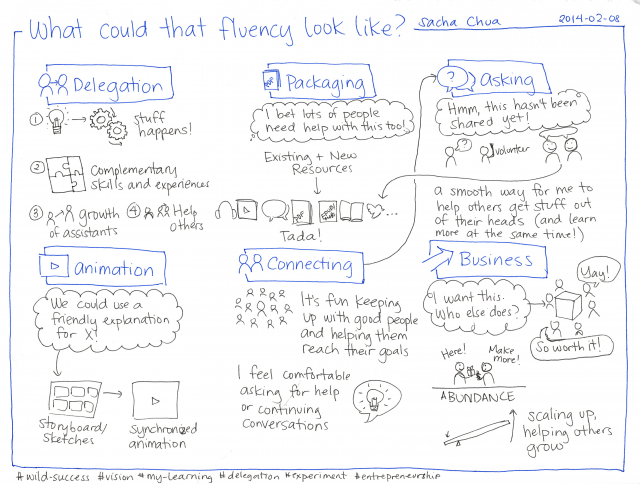
2014-02-08 What could that fluency look like
What are you building fluency in?





